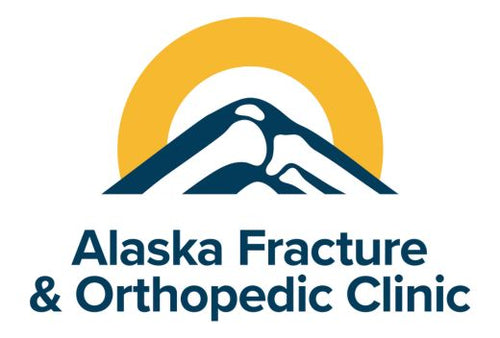by: Stacey Simon and Katie Gould
Introduction:
In a world where health and wellness are at the forefront of our minds, seeking guidance on nutrition has become increasingly common. However, the terms "Registered Dietitian" (RD) and "Nutritionist" are often used interchangeably, leading to confusion among consumers. In this blog post, we'll shed light on the key distinctions between a Registered Dietitian and a Nutritionist without credentials, helping you make informed choices for your nutritional journey.
Credentials Matter:
One of the primary differences between a Registered Dietitian and a Nutritionist lies in their education and credentials. A Registered Dietitian undergoes extensive training and education, typically earning a bachelor's degree in nutrition or a related field, followed by a supervised internship, and for many, a master’s degree. To become an RD, individuals must pass a national examination and maintain continuing education to stay updated on the latest nutrition science. Many RDs also have other advanced certifications in specialty areas, such as diabetes, eating disorders, obesity, aging, and more, making them experts in those fields.
On the other hand, a Nutritionist may lack the formal education and training required for RD status. While some Nutritionists pursue degrees or certifications in nutrition-related fields, there are no standardized requirements, meaning that the title "Nutritionist" can be used by individuals with varying levels of expertise, or no experience at all. In fact, you could call yourself a nutritionist today without any formal training!
Scope of Practice:
Another crucial aspect to consider is the scope of practice for each profession. Registered Dietitians are equipped to provide comprehensive nutritional advice, considering factors such as medical history, dietary preferences, and lifestyle. They often work in clinical settings, hospitals, or private practices, and can address complex health issues like diabetes, heart disease, and eating disorders. RDs provide person-specific nutrition guidance based on a variety of factors and can create customized recommendations for each individual to help them thrive and be their healthiest self.
Nutritionists without credentials have a more limited scope of practice. They focus on general nutrition education and wellness, providing guidance on healthy eating habits and lifestyle choices. They do not have the expertise to address specific medical conditions or create personalized meal plans tailored to individual health needs, and may make recommendations based upon trends, fads, and opinions, while RDs base their recommendations in evidence-based best practices.
Trustworthy Guidance:
When seeking nutrition advice, it's essential to consider the reliability of the information provided. Registered Dietitians adhere to a strict code of ethics and professional standards, ensuring evidence-based practices. They base their recommendations on the latest scientific research and are well-equipped to interpret complex nutritional information.
While some Nutritionists may have credible backgrounds and knowledge, the lack of standardized qualifications makes it challenging to assess their expertise. It's crucial to verify their credentials, education, and experience before relying on their guidance for making dietary decisions.
Conclusion:
In the world of nutrition, understanding the distinction between a Registered Dietitian and a Nutritionist without credentials is crucial for making informed choices about your health. Registered Dietitians bring a wealth of education, training, and expertise to the table, making them a reliable source for personalized nutrition advice. When in doubt, prioritize seeking guidance from a Registered Dietitian to ensure that your nutritional journey is backed by evidence-based practices and professional standards.



